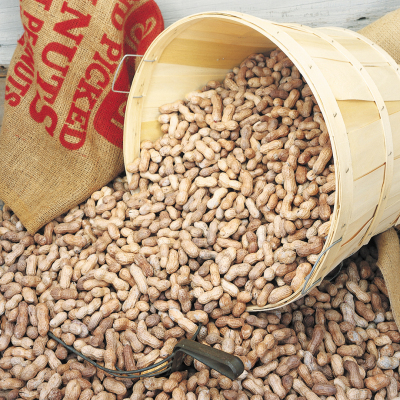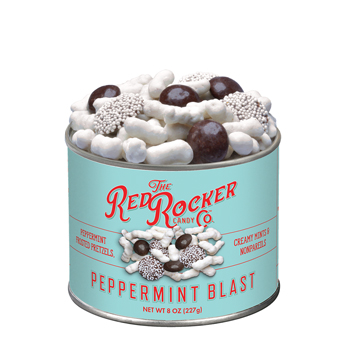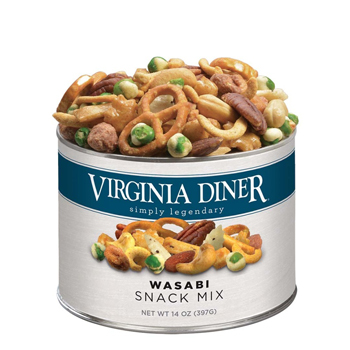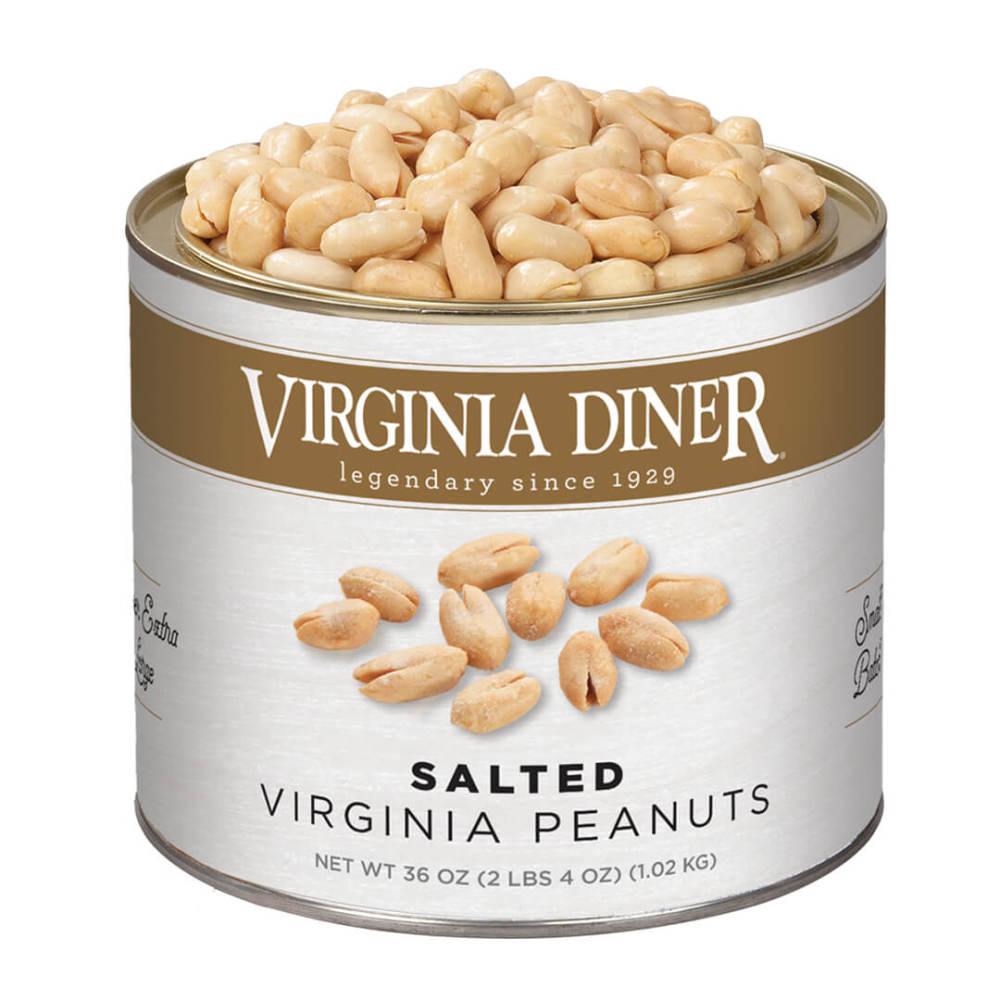Peanut Nutrition: The Health Benefits of Eating Peanuts
Here at Virginia Diner, our love for the Virginia peanut knows no bounds, and we are committed to spreading that love far and wide through our Virginia Diner Peanuts.
But aside from being the tastiest, most craveable snack we know of, peanuts are also a healthy option, and we wanted to share all the details so that you can make smart choices about your health and the food you consume.
What are Peanuts?
It might be a surprise to learn that peanuts are not actually nuts at all, nor are they related to tree nuts, such as almonds and pecans. A member of the legume family, peanuts — botanically known as Arachis hypogaea — are related to peas and beans.

Peanut plants are low-growing, green-leaf annuals that flower above ground but set seed underground. The peanut pods we know and love are harvested from the earth and allowed to dry before consumption.
Will Peanuts Fit Into My Diet?
Peanuts are naturally vegetarian, vegan, keto-friendly, gluten-free, and are also approved for the Mediterranean, DASH, and MIND diets.
Just a handful of peanuts a day can provide a beneficial nutrient boost and fuel your day with healthy fiber and proteins. Not to mention they're a delicious snack that's easy to take with you on the go -- in the car, at the gym, in the office!
Are Peanuts Heart Healthy?
The short answer is: Yes! Peanuts are good for you and your heart.
Peanuts are part of the American Heart Association's Heart-Check Food Certification Program (download the PDF for the complete list of approved foods), and are considered a heart-healthy option by the AHA.
Including peanuts as part of an overall heart-healthy diet can help keep cholesterol levels in check, lower blood pressure, and manage inflammation, all of which can ward off heart disease.
Five Health Benefits of Eating Peanuts
In addition to the heart health benefits above, peanuts can help reduce the disk of other illnesses and diseases.
- Peanuts are a low glycemic index food, which means that its naturally occurring sugars are released more slowly into the bloodstream, aiding in the all-important glucose control for persons with type 2 diabetes.
- Peanut consumption has been associated with a reduced risk for certain types of cancer.
- Peanuts have anti-inflammatory properties that can reduce the risk for diseases marked by inflammation (including heart disease and cancer).
- Peanuts contain anti-inflammatory omega-6 fatty acids and magnesium.
- Another benefit of the concentrations of omega-6 fats and magnesium found in peanuts is the reduced risk for ischemic stroke.
Peanut Nutrition Facts:
A 1 oz serving of peanuts contains about 28 shelled peanuts (i.e., not in the shell), which is about 160 calories for raw peanuts, and 180 calories for our irresistibly crunchy, oil-blistered Salted Virginia Peanuts.
Let's take a closer look at the nutrition components of peanuts. We think you'll be impressed and confident that this oh-so-tasty snack is a wise choice for people without peanut allergies!
Fiber, Protein, Carbohydrates
Peanuts are high in fiber, protein, and healthy fats, but low in cholesterol, all of which create a heart-healthy profile.
Peanuts are also a low carb food, clocking in around 4g per 1 ounce serving, and are appropriate for diabetics and supporting weight loss.
Vitamins and Minerals
Peanuts are rich in essential nutrients that promote healthy living, including:
- Vitamin E
- Thiamine
- Phosphorus
- Folate
- Magnesium
- Biotin
- Copper
- Niacin
- Manganese
Source: the USDA food database.
We invite you to explore our delicious selection of Virginia peanuts and stock your own snack stash with these healthy gems. Sign up for our email newsletter below to receive the latest news and exclusive discounts and special offers!





